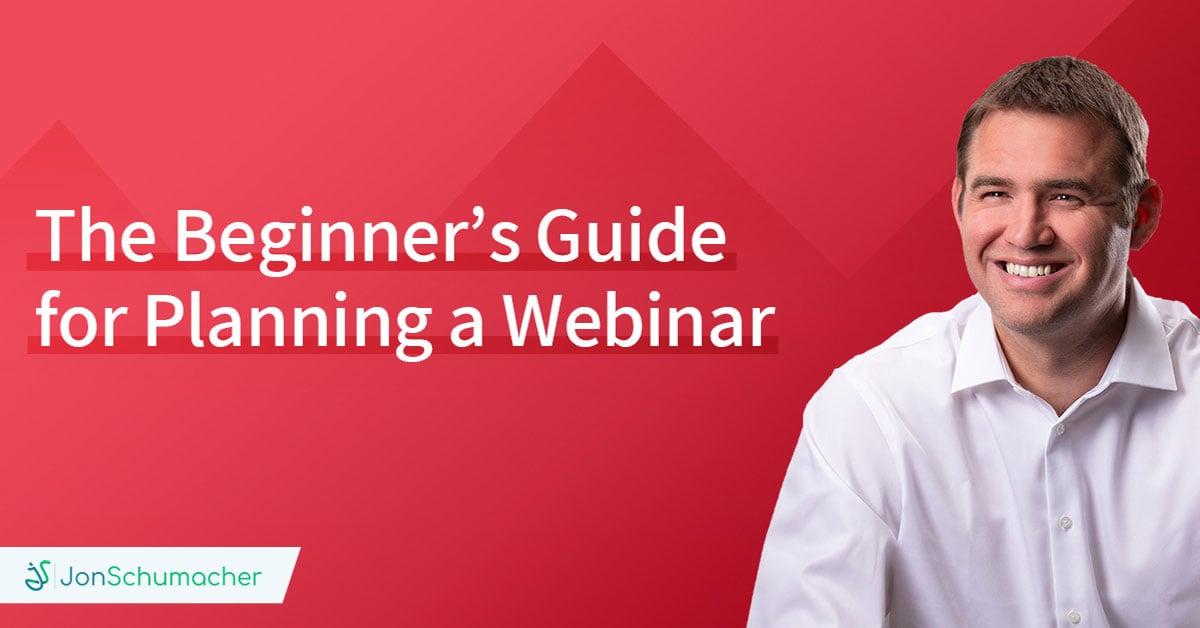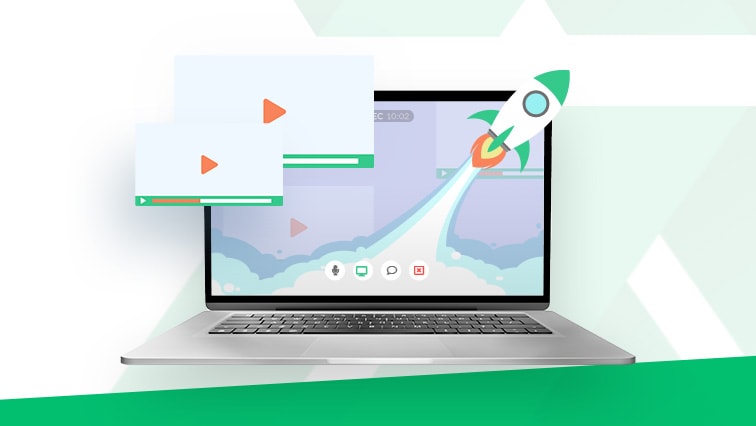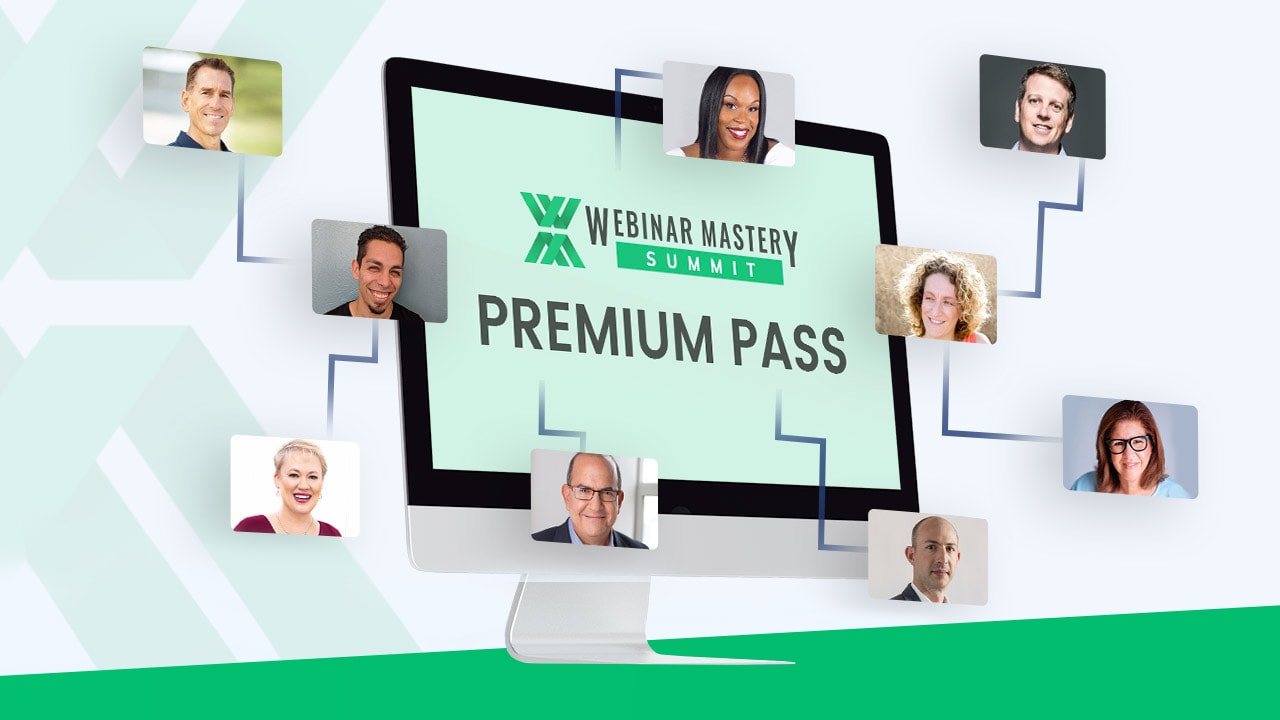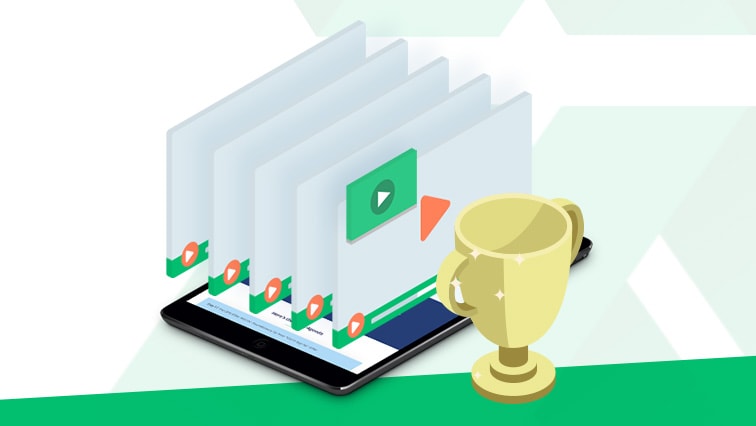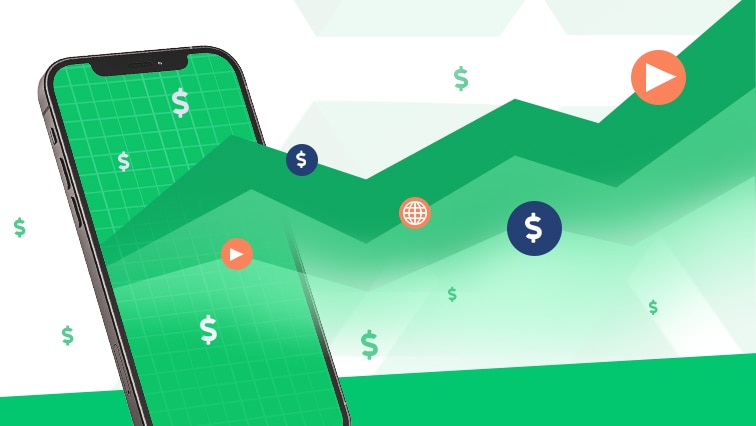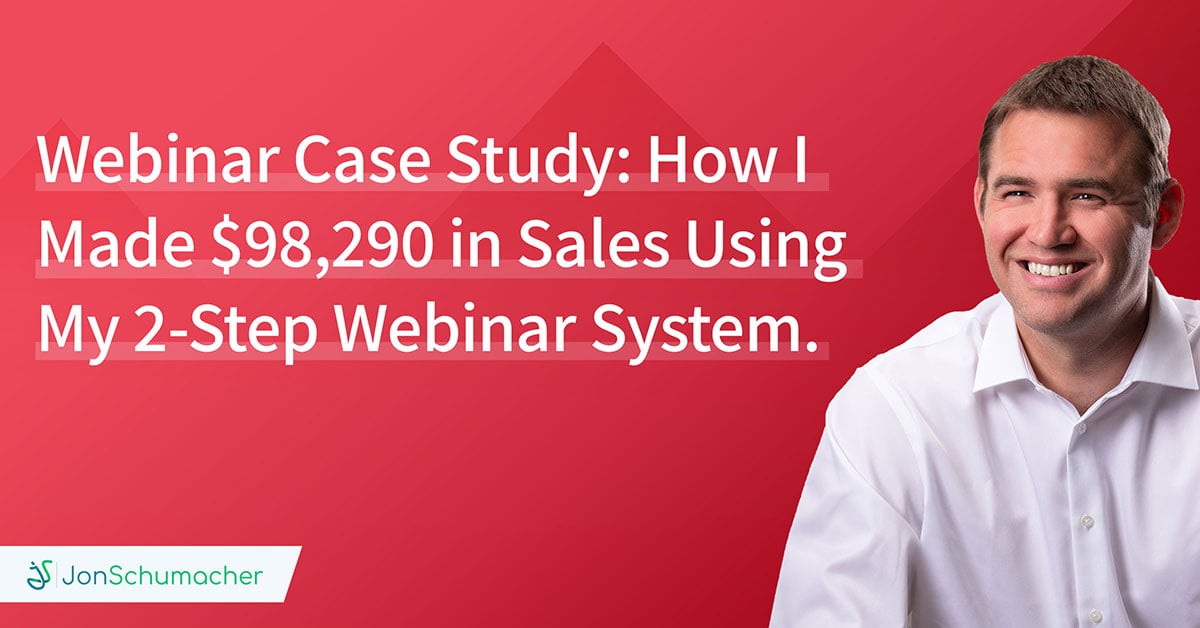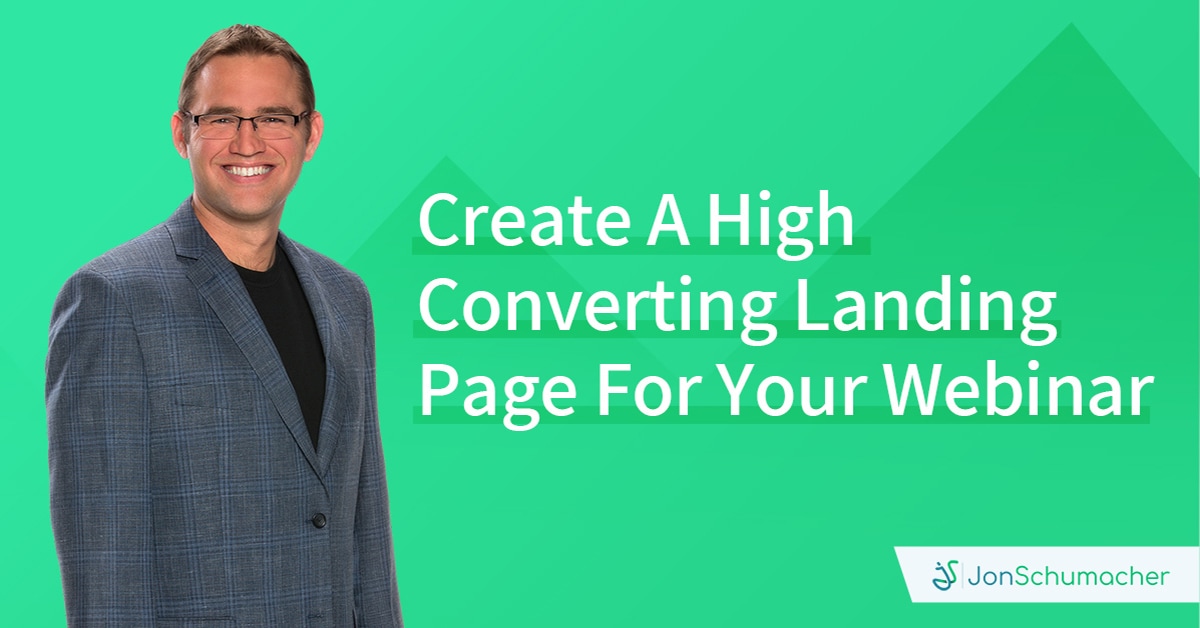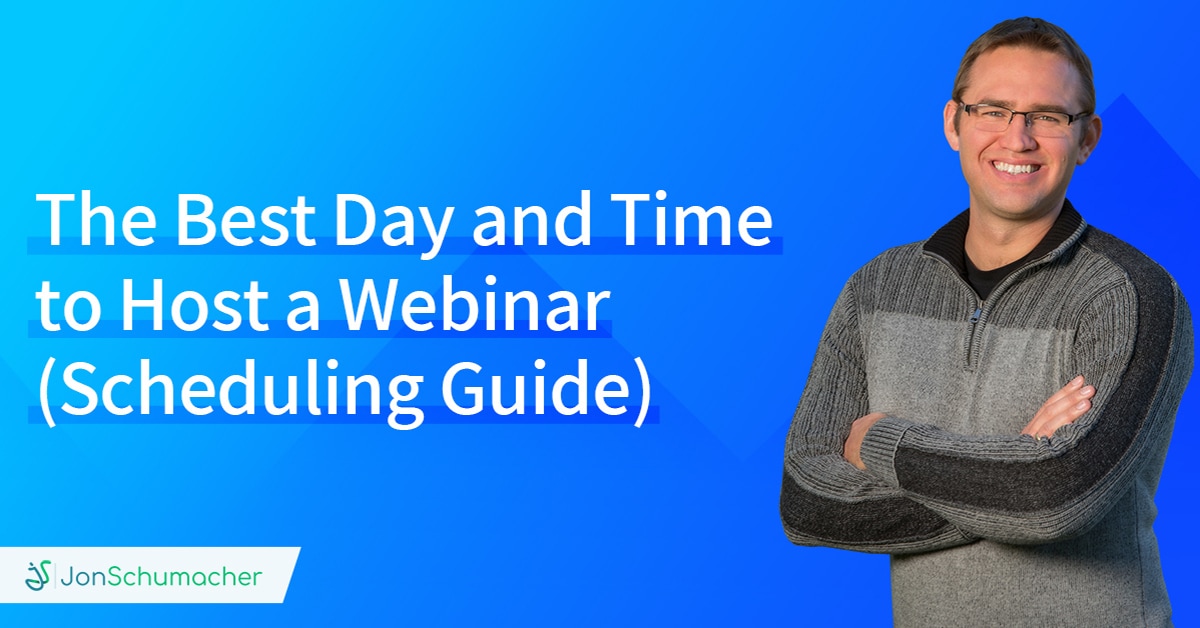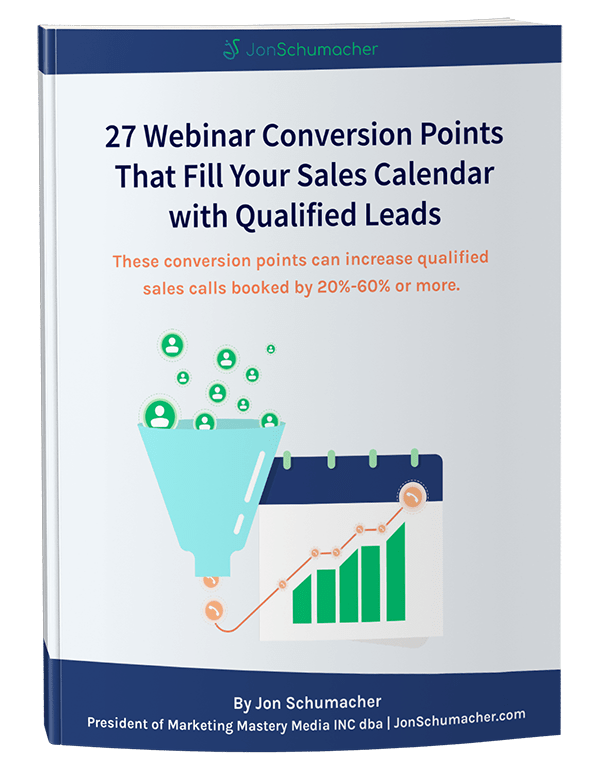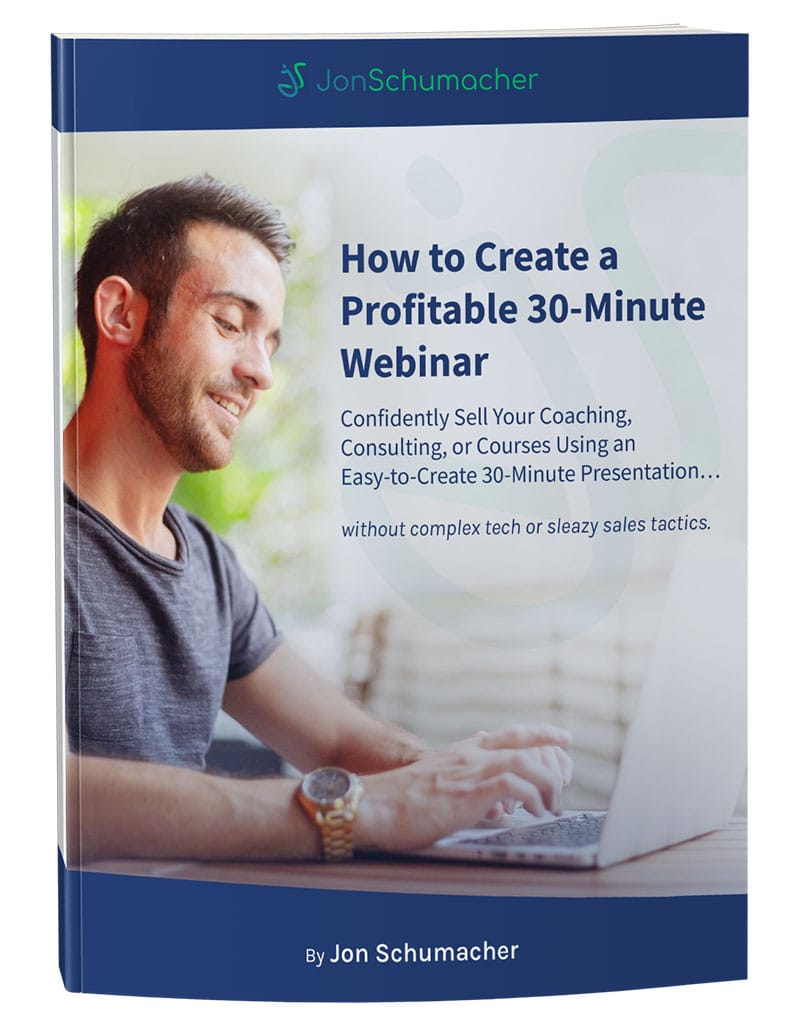Are you looking for a resource to help you plan your first webinar? This short and punchy post will provide the steps to planning your webinar as a beginner.
The 5 Phases of Building Your Business Using Webinars are:
- Webinar Planning
- Pre-Webinar
- Live Webinar
- Follow-Up
- Evergreen Webinar Funnel
I will be talking about webinar planning in this post and will cover the other parts in more detail in another post.
Webinar Planning for Beginners
The Webinar Planning Phase includes: Getting the necessary tools for success, picking a date and topic for your first webinar, practicing the webinar technology, creating slides, and making a list of potential promo partners and reaching out if appropriate.
Getting the Necessary Tools/Equipment
You will greatly benefit from getting a Webinar Software program to collect emails and present your offers. We currently use GotoWebinar and Zoom for live webinars in most cases and occasionally Webinar Jam. We also recommend that you have an email autoresponder service to add those who register for your webinars, to an email list.
Webinar Software- GotoWebinar, Zoom, Webinar Jam
Email Autoresponder- Aweber, MailChimp, ActiveCampaign, InfusionSoft
If you want an in-depth review of the different webinar tools, check out the Ultimate Guide to Webinar Software and Equipment here.
Internet Speed
It is generally recommended that you have an internet upload speed of over 2Mbps or greater to host a successful Webinar.
You can test your upload speed at SpeedTest.net. If your internet speed is below that number, you may want to contact your internet provider for an upgrade.
Pick Your First Type of Webinar
Depending on your experience level, email list size, or connections with others, you may want to start with a certain type of webinar
Sales Webinar– Where you sell an existing product, service, or training either directly on the webinar or through a sales call following the webinar.
Informational Webinar- You can use webinars to host new clients onboarding sessions or educational webinars to your current clients or employees,
Interviews- Another option is to interview others who are relevant to your niche.
For most beginners, doing an informational webinar or an interview are great places to start. Don’t wait too long to host a sales webinar. You can start attracting clients quickly using webinars, often when there are only a few people attending.
Pick a Date for Your Webinar
You don’t want to wait forever to host your first webinar. If you have never used your webinar software, you will want to practice a couple of times before you host your first webinar. You should be able to host your first webinar in 30 days or less
Pick a Topic for Your Webinar
Come up with 3-4 topics that are important to your ideal clients. What are their WANTS and PROBLEMS? Don’t just focus on what you think they NEED.
Ask your audience. Take advantage of your email list or social media following and ask them “What their single biggest struggle is with _____(insert your niche) right now?” Use surveys or simply post the question on Facebook or LinkedIn to get you started.
If you don’t have an email list or social following, search in the Kindle Book section of Amazon for your niche. Look at the bestselling books. Look at the cover, table of contents, and reviews. These books will give you key insights into the struggles of your market as well as copywriting ideas for your headlines.
Create Slides for Your Informational or Sales Webinar
If you are using slides for your webinar here are a few resources to help you….
We use “Google Slides” for all our presentations. You can also use Keynote for Mac or Powerpoint for PC.
If you are doing an informational webinar create your slides around the following format:
- An introduction of who you are and why they should listen to you
- Share three valuable teaching points using the following structure…
- Introduce your teaching point
- Share WHY it’s important
- Give an example, share a story or case study
- Teach the main point
- Recap the takeaways
- Make a soft offer to get on the phone towards the end if appropriate
- Q&A to answer questions
If you’re hosting a Sales Webinar, check out the structure below.
The Structure of a Sales Webinar
There are basically four parts to your sales webinar….the introduction, the content, the offer. and Q&A.
You can watch this short video on how to structure your webinar.
The Basic Structure of a Sales Webinar is as Follows:
Introduction (5-10 minutes)- Focus on credibility building and connecting to the audience’s why.
Content (35-45 minutes)- Break negative beliefs using case studies and stories if possible.
Offer (10-15 minutes)- Make a clear, compelling offer to work together.
Q&A- Answer questions and point back to your offer at least one more time.
Make a List of Future Potential Promo Partners and Organizations
A promo partner is someone who is willing to share your webinar registration page and have you teach to their audience. They may agree to email their list (not always) or share via social media.
- Make a list of 25 potential Promo Partners (list them 1-25 in order of list size and comfort of approaching).
- Contact them and tell them you are looking to create some amazing content in the webinar format.
- Ask them,” What are a couple of topics that your audience would jump over mountains to watch on a webinar?”
- If the conservation and relationship feels right, ask,” Is this something you would like me to present to your audience?”
- Set dates for webinar
People have a wide range of thinking around doing promos or joint ventures with their email lists and following. Some people are going to say that are busy, some are going to want you to have a large following to reciprocate. But there will be some, particularly those you are closer to, who will promote your webinar to their following. Those are the ones you want.
Here the reasons a promo partner would want to promote you (source: George Kao)
- They get questions (all the time) about your expertise, and they themselves don’t teach it. So it would be doing them a favor if you taught it to their audience.
- They themselves are intrigued by the topic and want to learn about it. They would be happy for a bit of personal coaching, or access to your info product if they promote it.
- They know you have a network of other JV partners you could introduce them to if they promoted you to their list.
- They know that a proven offer can make them a lot of money compared to the time spent promoting it, so if you can give them stats to show it’s a proven offer, they will say yes.
- They want to cross-promote.
We’re typically trained only to think about the last incentive, maybe the 4th, and totally miss out on the other 3 incentives. I encourage you to brainstorm a list of people or organizations that have audiences and would take you up on the first two incentives.
And say NO to people whom you don’t *genuinely* want to promote to your list. There are plenty of other potential JV partners… so many you couldn’t reach out to them all for the rest of your life. Think not just internet marketing JV people, but also bloggers, people with LinkedIn Groups, Facebook groups, online forums. Podcasters who have a blog or a list.

